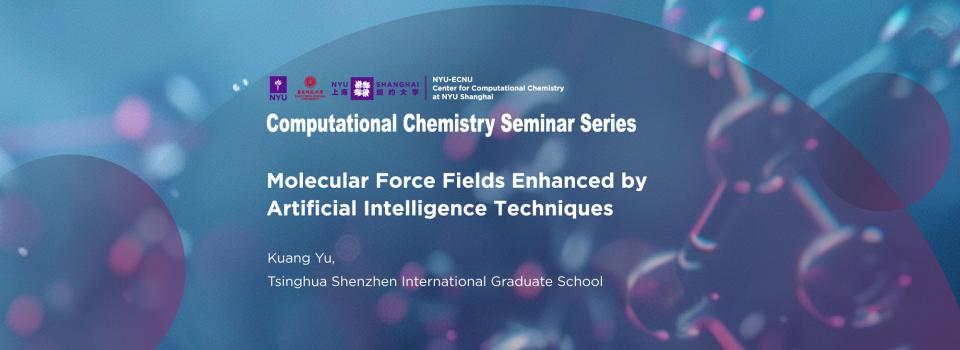
Abstract:
Molecular simulation has important applications in fields such as material and drug design. However, molecular force fields (FFs) limit the accuracy of molecular dynamics (MD) simulations, and the absence of reliable FF is always an essential obstacle. The newly emerged machine learning (ML) models have enhanced the accuracy of FF significantly, but a general ML molecular FF is still beyond reach due to the monstrous demands of high-quality ab initio data. My work aims to alleviate this problem from two aspects: model design and optimization strategies. Firstly, leveraging careful short-/long-range and bonding/nonbonding separations, we combine the flexibility of neural networks and the robustness of physical models to develop a hybrid model named PhyNEO. Although being trained with tiny molecular fragments, PhyNEO shows quasi-chemical accuracy for complex multicomponent molecular liquids and polymers. Its high transferability and data efficiency warrant a much wider coverage in chemical space comparing to pure ML models. Meanwhile, for model optimization, we have developed a high-throughput automated force field optimization platform (named DMFF) based on auto differentiation (AD) technique. The AD algorithms in DMFF allow us to refine potentials (e.g., conventional FFs, ML potentials, or coarse-grained models) using a combination of a diverse set of data ranging from first principles calculations to experimental measurements (e.g., general ensemble averages, free energies, and spectroscopy). DMFF thus essentially enables a scalable multimodal training strategy in FF development, alleviating the demands for highly accurate ab initio data. Therefore, by both increasing the data efficiency of ML models and expanding the data types in the training set, our work contributes significantly to the future development of general molecular FF.
Biography:
Professor Kuang Yu graduated from Peking University in 2008 and obtained his PhD in theoretical chemistry in UW, Madison in 2013, supervised by Professor J. R. Schmidt. Then he worked as a postdoc in Professor Emily Carter’s group in Princeton University, from 2013 to 2016. He later joint D. E. Shaw Research as a research scientist in 2016, until he became an Assistant Professor in Tsinghua-Berkeley Shenzhen Institute (later merged into Tsinghua Shenzhen International Graduate School) in 2018.
Seminar Series by the NYU-ECNU Center for Computational Chemistry at NYU Shanghai
This event is open to the NYU Shanghai, NYU, ECNU community and the computational chemistry community.


